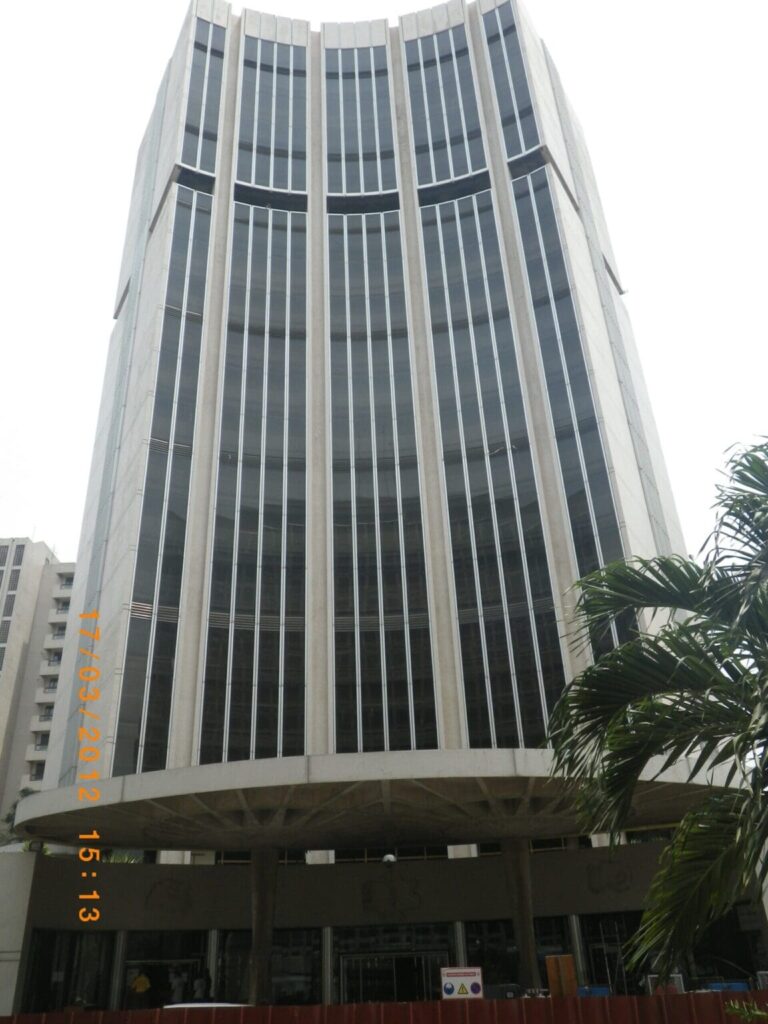The African Development Bank (AfDB) and Germany have unveiled joint initiatives aimed at improving energy access and stimulating private sector growth across Africa.
The partnership was announced during a high-level meeting in Abidjan last week, marked by strong commitments to the continent’s development. Among the flagship projects, Germany and the Bank will support Mission 300, an initiative targeting electricity access for 300 million people by 2030, according to a statement received by APA on Thursday.
Additionally, funding for youth entrepreneurship programmes will be expanded in alignment with Germany’s contribution to the 16th replenishment of the African Development Fund, the concessional financing arm of the AfDB Group.
The event brought together more than 90 senior officials, including representatives from the German Federal Ministry for Economic Cooperation and Development (BMZ), the Deutsche Gesellschaft für Internationale Zusammenarbeit (GIZ), and the Kreditanstalt für Wiederaufbau (KfW).
This strategic partnership aims to strengthen the AfDB’s energy access programs, with a particular focus on implementing National Energy Compacts in member states.
“The African Development Bank welcomes this strong commitment to forging strategic partnerships and thanks Germany for its unwavering support to the Bank Group.
By working together, we continue to lay the foundation for a better and more inclusive future for Africa,” said Marie-Laure Akin-Olugbade, First Vice President of the AfDB Group.
The partnership will also enhance financing for renewable energy projects and support regional energy integration programmes, building on existing initiatives such as the Sustainable Energy Fund for Africa and the Climate Action Window.
Africa’s private sector will likewise benefit from strengthened support, particularly in youth entrepreneurship and skills development. Key initiatives include increased backing for investment banks supporting young entrepreneurs and the Build 4 Skills programme, complementing regional integration efforts under the African Continental Free Trade Area (AfCFTA).
“This in-depth review comes at a crucial time, as the development sector undergoes significant transformations. I echo the words of President Adesina, who emphasized that to drive Africa’s development we must act at scale,” said Birgit Picket, BMZ’s Director General for Africa, calling for greater coordination among development partners.
ODL/te/lb/gik/APA


